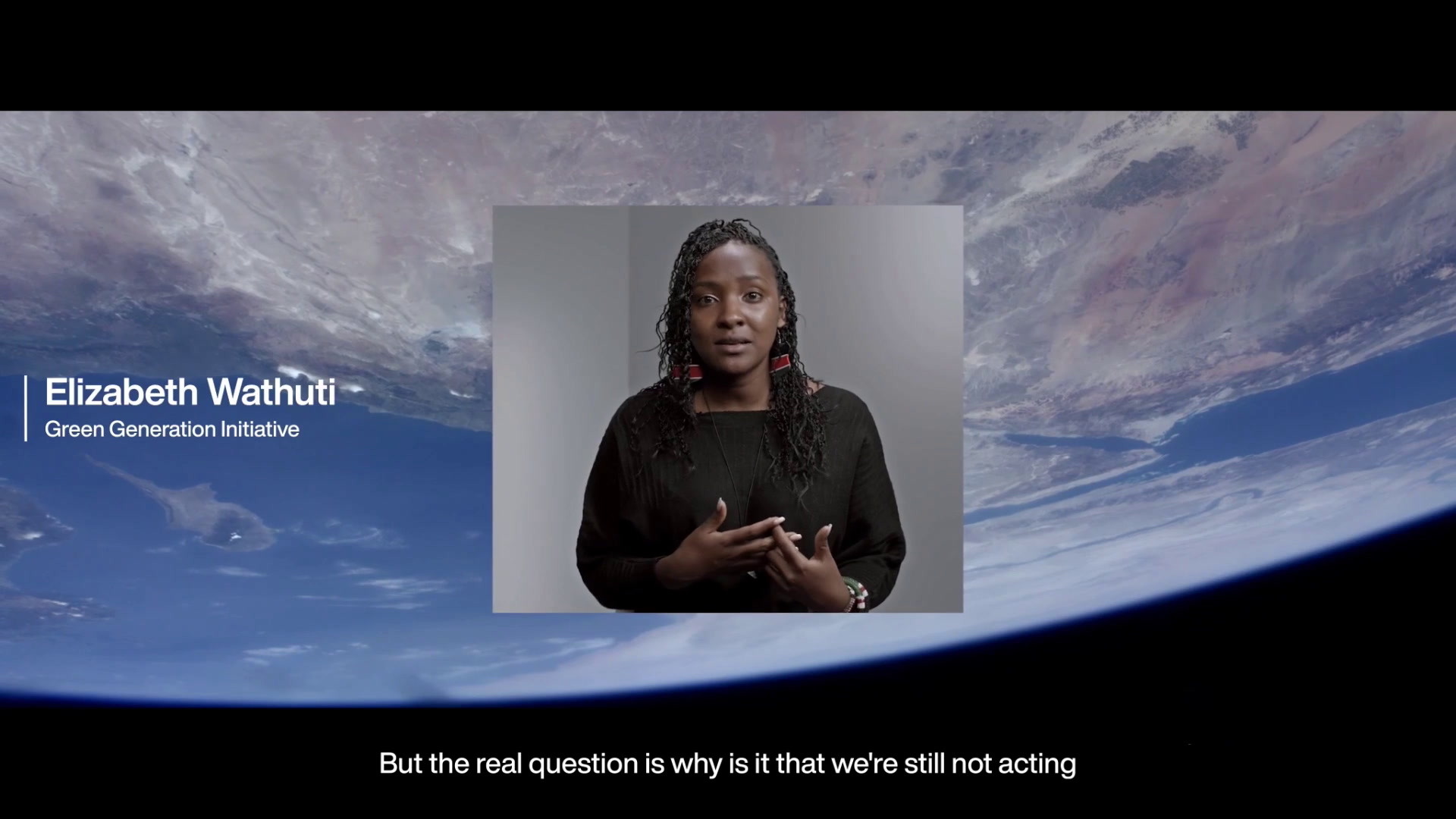Robots must work for the good of humanity, the Pope tells Davos

Pope Francis prepared a message for participants at Davos 2018 Image: REUTERS/Damir Sagolj

Get involved with our crowdsourced digital platform to deliver impact at scale
Stay up to date:
Roles of Religion
Responding to the rise of robots in the workplace, Pope Francis has called for automation growth to be underpinned by continued respect for all workers.
In a prepared speech read at the World Economic Forum Annual Meeting in Davos 2018, the pontiff urged:
“Artificial intelligence, robotics and other technological innovations must be so employed that they contribute to the service of humanity and to the protection of our common home, rather than to the contrary.”

Echoing the theme of the Meeting, Creating a Shared Future in a Fractured World, the Pope said: “It is vital to safeguard the dignity of the human person, in particular by offering to all people real opportunities for integral human development and by implementing economic policies that favour the family.”
In December of last year, a report by global management consultants McKinsey predicted that 800 million workers - that’s more than a fifth of the global labour force - might lose their jobs because of automation. The report assessed workers in 46 nations and more than 800 job types.
The McKinsey report said that robots and artificial intelligence would “increase productive and improve our lives,” but it also warned that using them would substitute some work activities humans perform.

McKinsey’s report predicts that up to 375 million workers around the world may need to switch jobs and learn new skills, whilst up to one-third of the workforce in the US and Germany, and nearly half of Japanese employees, will have to learn new skills or change jobs. Whilst technology is disruptive, however, it also creates jobs - the report predicts between 8% and 9% of new jobs in 2030 will not have existed before.
Professor Klaus Schwab, Founder and Executive Chairman of the World Economic Forum, has spoken in the past of the need for technology to be a force for good as it becomes ever more influential, shaping societies, values and politics.
We have a window of opportunity, says Professor Schwab, as the norms and regulations of the Fourth Industrial Revolution are just being established. “We must not lose the chance to ensure that these systems are thoughtfully aligned with the kind of open, inclusive, prosperous and dynamic world that we want to live in.”

Don't miss any update on this topic
Create a free account and access your personalized content collection with our latest publications and analyses.
License and Republishing
World Economic Forum articles may be republished in accordance with the Creative Commons Attribution-NonCommercial-NoDerivatives 4.0 International Public License, and in accordance with our Terms of Use.
The views expressed in this article are those of the author alone and not the World Economic Forum.
The Agenda Weekly
A weekly update of the most important issues driving the global agenda
You can unsubscribe at any time using the link in our emails. For more details, review our privacy policy.
More on Roles of ReligionSee all
Noorzehra Zaidi
March 28, 2023
Natasha Mikles
November 4, 2021
Claire Jenik
August 26, 2021
Menna A. Farouk
August 26, 2021
Philip Pullella and Giulia Segreti
July 12, 2021






